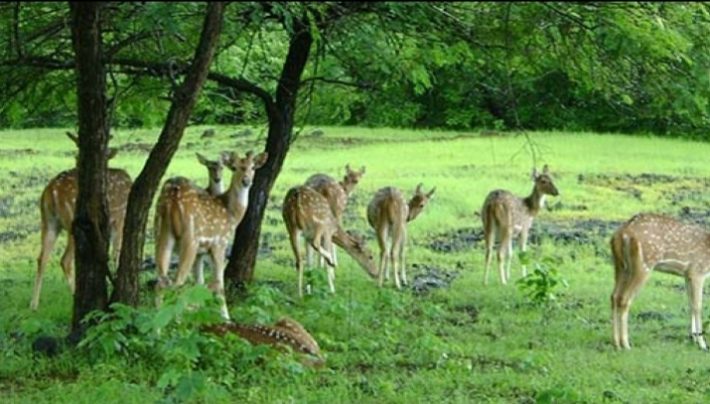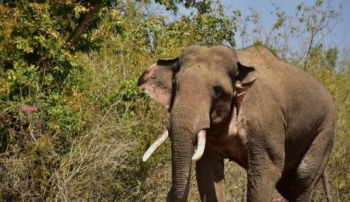New Delhi: The coverage of protected areas, which was 4.90 per cent of the country’s geographical area in 2014, has now increased to 5.03 per cent, with the number of such areas rising from 740 with an area of 1,61,081.62 square km in 2014 to present 981 with an area of 1,71,921 square km.
Forest and tree cover has increased by 16,000 square kms in the last four years. India is among few countries in the world where forest cover is consistently increasing.
There has also been an increase in the number of community reserves. From just 43 in 2014, their numbers are more than 100 in 2019.
India is home to 52 Tiger Reserves covering approximately 75,000 square km area in 18 states with approximately 75 per cent population of the wild tiger at global level. India achieved the goal of doubling the tiger numbers in 2018 itself, four years in advance from the targeted year 2022. The tiger population in India has increased from 2,226 in 2014 to 2,967 in 2018.
The budgetary allocation for tiger conservation has increased from Rs 185 crore in 2014 to Rs 300 crore in 2022.
The population of Asiatic lions has shown a steady increase with a population of 674 individuals with an increase rate of 28.87 per cent (one of the highest growth rates so far) from the 523 lions in 2015.
India, in 2020, had 12,852 leopards as compared to the previous estimate of 7,910 conducted in 2014, or more than 60 per cent increase in population.
(IANS)




















